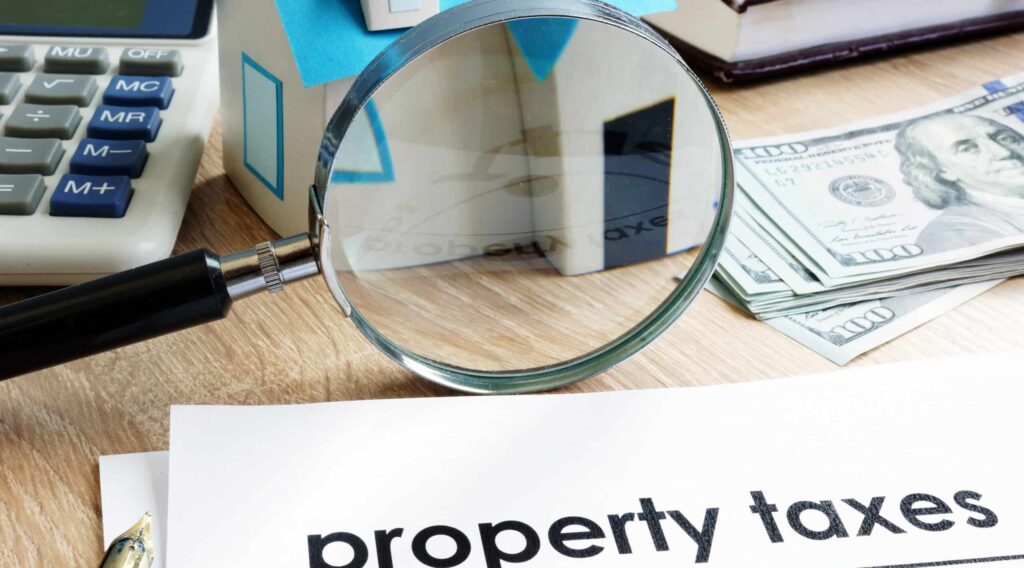If you’re a property owner in Texas, understanding your right to protest property taxes is essential. Many property owners both residential and commercial overpay simply because they don’t realize they can challenge their valuation. This guide breaks down everything you need to know to take control of your property tax bill.
Why Protest Your Property Taxes?
Texas does not have a state income tax, which means local governments rely heavily on property taxes. Because of this, tax appraisals often increase aggressively. Many properties are overvalued, resulting in higher taxes than necessary.
Protesting gives you the chance to correct mistakes, push back against unfair valuations, and potentially save thousands of dollars. Even a small reduction in your taxable value can add up year after year.
Who Can Protest?
Anyone who owns property in Texas including homeowners, commercial property owners, and real estate investors has the right to protest the appraised value set by their county appraisal district. Whether you own a single-family home or a portfolio of income-generating properties, the process is open to you.
When Is the Protest Deadline?
In most Texas counties, the deadline to file a protest is May 15 or 30 days after your Notice of Appraised Value is delivered whichever is later. Missing this deadline means you lose your chance to fight that year’s valuation. Mark your calendar early to avoid missing this critical window.
Common Reasons to Protest
There are several valid reasons to challenge your property valuation:
- Overestimated market value: If your home or property wouldn’t sell for the appraised amount, you may have a case.
- Unequal appraisal (Equal & Uniform): If similar properties in your area are valued less, you can argue unequal treatment.
- Incorrect property information: Inaccurate square footage, incorrect building materials, or missing damages can skew your value.
- Recent damage or depreciation: Hail damage, foundation issues, or deferred maintenance may justify a lower valuation.
Step-by-Step: How the Protest Process Works
1. Review Your Appraisal Notice
When you receive your Notice of Appraised Value from the county, compare it to previous years and look for significant increases. Check for factual errors in the property description.
2. File a Protest
Submit your protest online through your local appraisal district’s website or via mail using the standard protest form. Ensure it’s filed before the deadline.
3. Prepare Evidence
Gather any documentation that supports your claim, including:
- Comparable property sales
- Contractor estimates
- Photographs of property condition
- Market reports and property data
4. Attend the Informal Meeting
You may be invited to an informal meeting with an appraiser to try resolving the issue. Many cases are settled at this stage with a reduced value offer.
5. Attend the Formal ARB Hearing
If you don’t reach an agreement informally, your case proceeds to a hearing before the Appraisal Review Board (ARB). This is your opportunity to present your case with evidence.
6. Await the Decision
The ARB will issue a decision based on the evidence presented. If successful, your appraised value and your tax bill will be reduced.
What Happens If You Win or Lose?
- If you win: Your property’s taxable value is reduced, and your future tax bills will reflect this lower value. Savings can continue for several years depending on local caps.
- If you lose: You can either accept the decision or take further action. Options include binding arbitration, judicial appeal, or requesting a new appraisal next year.
How TexasPVP Can Help
Protesting your property taxes requires local knowledge, real estate expertise, and an understanding of the process. TexasPVP offers a professional, stress-free solution.
We assist:
- Homeowners who want fair valuations
- Commercial property owners aiming to reduce overhead
- Investors with large or complex portfolios
Our team:
- Analyzes your property thoroughly
- Collects relevant and persuasive evidence
- Files protests accurately and on time
- Represents you at every step from informal meetings to ARB hearings
Why Work with a Professional Like TexasPVP?
DIY protests can be successful, but they often fall short due to lack of preparation or technical understanding. A professional service:
- Saves you time and stress
- Gives you access to deeper market data and valuation models
- Increases your chances of a meaningful reduction
- Avoids common filing mistakes
Many clients recoup their service fee through tax savings often multiple times over.
Final Thoughts
Protesting your property taxes isn’t just smart it’s your right. Every year, Texas property owners pay more than they should due to inflated valuations or appraisal errors. By taking action, you protect your investment and reduce your long-term costs.
TexasPVP makes the process simple, effective, and professional. Let us fight for your fair valuation so you don’t have to.
Ready to start your protest? Contact TexasPVP today.






